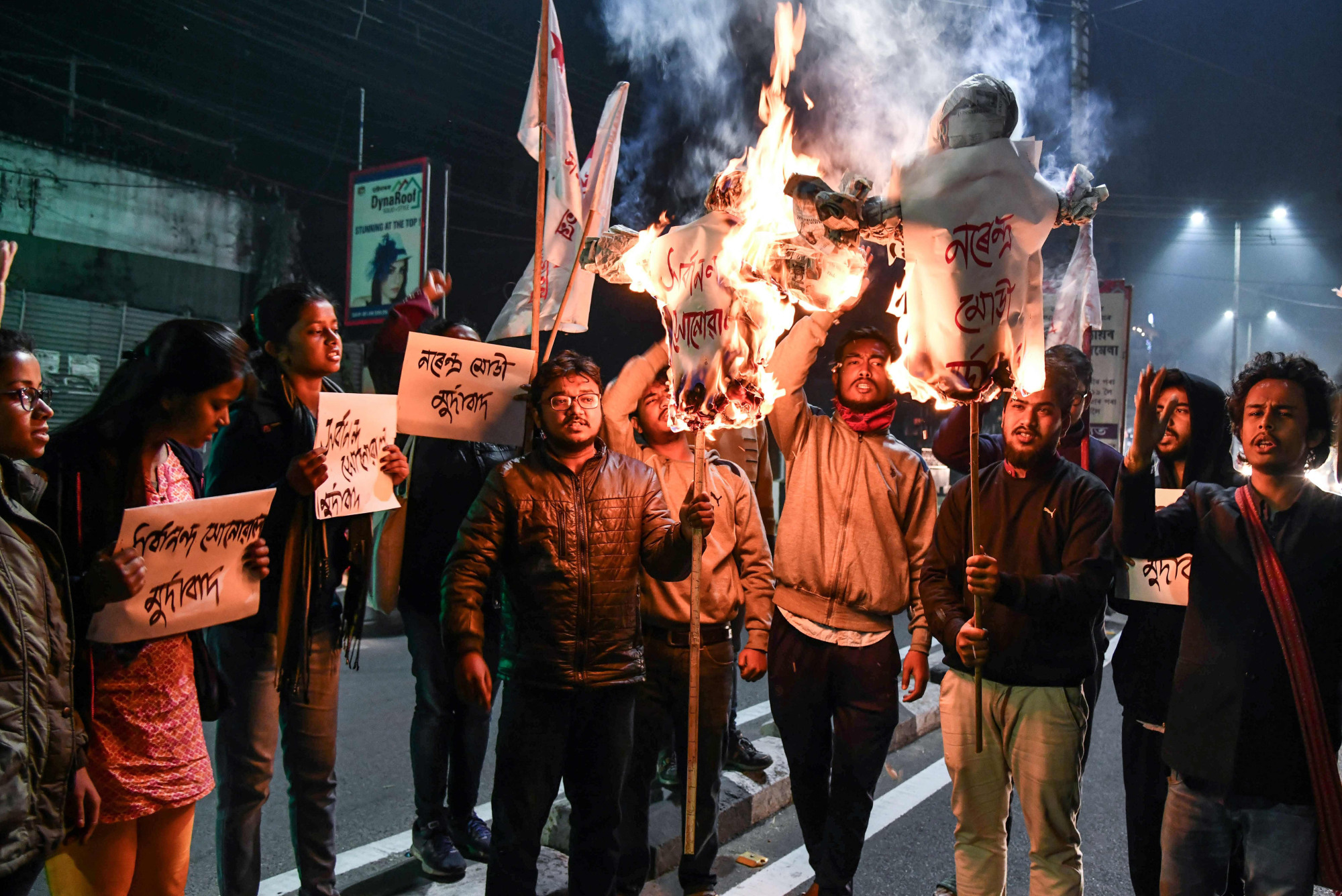India is, and has been since independence in 1947, a liberal secular democracy. Its first generation of leaders resolutely refused to accept the argument of Pakistan's founder, Muhammad Ali Jinnah, that the Hindus and the Muslims of the subcontinent represented two different nations. Thus, while Pakistan became a Muslim homeland, India insisted it was a state for citizens of all creeds. Whatever else might have changed in the seven decades since, that much has remained true.
Until now. For the first time, India's leaders have sought to redefine the country effectively as a home for South Asians who aren't Muslims — and they're enshrining the distinction into law.
That's the underlying message of a bill that was passed last week by the lower house of India's Parliament, in which Prime Minister Narendra Modi's Hindu nationalist Bharatiya Janata Party has a majority.

















With your current subscription plan you can comment on stories. However, before writing your first comment, please create a display name in the Profile section of your subscriber account page.